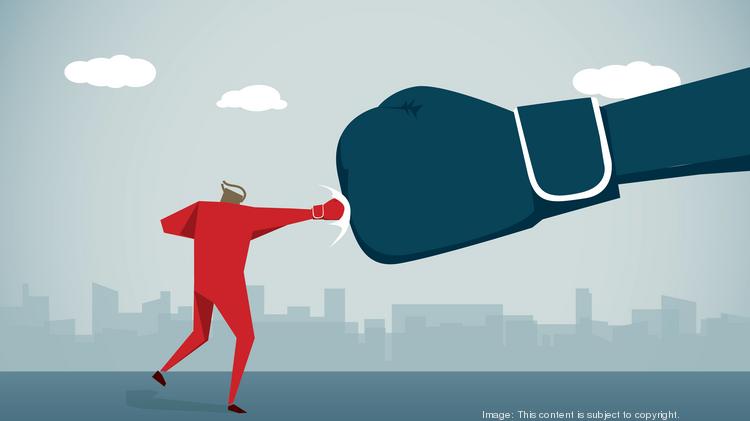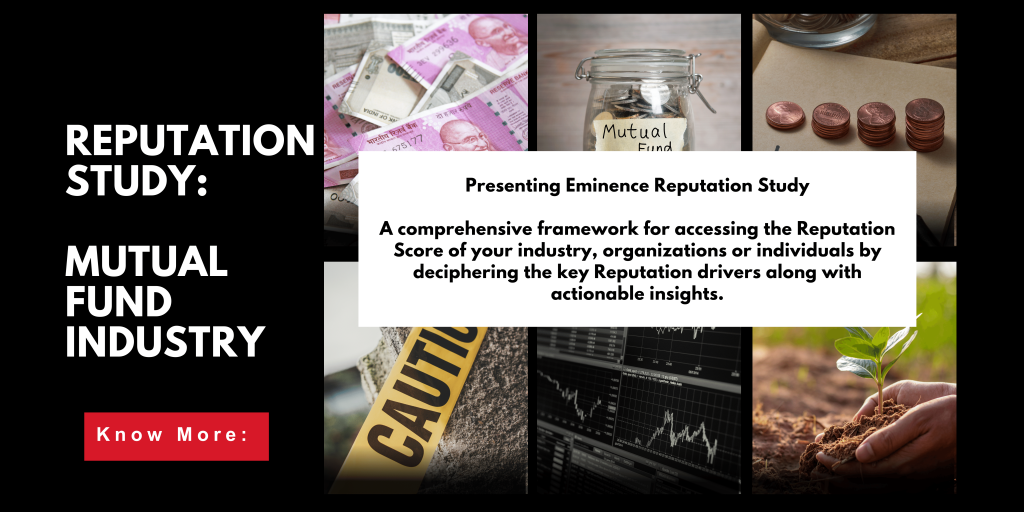
I recently came across an article online on Apple suing a company over trademark issues on its logo. At first, I didn’t pay much attention since it just seemed like a legal case. However, the same news started cropping up multiple times and a few publications even called Apple a “bully” in the headlines of their articles. Naturally curious, I dug deeper  into this story. Apple was suing a start-up recipe app company, Prepear, because its logo, a tilted, green pear, was like Apple’s logo. This might hence mislead Apple users to assume that it is promoting Prepear. While this was just another lawsuit for Apple, for Prepear, this was a devastating blow. The 5-person start-up had to fire one employee and would also naturally find it difficult to bear the costs. Trying to be as objective as possible, I studied both logos for similarities before concluding. Prepear’s logo is a pear, not an apple. It does not have a portion taken out of it like Apple’s iconic logo does. The only similarity, if any, was the leaf. Now consider the differences – Apple is one of the largest companies in the world, Prepear is a start-up that no one had heard of before this lawsuit. Apple is a tech giant whereas Prepear’s app is only into the recipe making business. Certainly, it did seem like Apple had gone after a small player for very little reason. Much like I did, several others thought the same and Apple thereafter faced serious backlash. People even came to Prepear’s support and helped to sign a petition against Apple’s lawsuit.
into this story. Apple was suing a start-up recipe app company, Prepear, because its logo, a tilted, green pear, was like Apple’s logo. This might hence mislead Apple users to assume that it is promoting Prepear. While this was just another lawsuit for Apple, for Prepear, this was a devastating blow. The 5-person start-up had to fire one employee and would also naturally find it difficult to bear the costs. Trying to be as objective as possible, I studied both logos for similarities before concluding. Prepear’s logo is a pear, not an apple. It does not have a portion taken out of it like Apple’s iconic logo does. The only similarity, if any, was the leaf. Now consider the differences – Apple is one of the largest companies in the world, Prepear is a start-up that no one had heard of before this lawsuit. Apple is a tech giant whereas Prepear’s app is only into the recipe making business. Certainly, it did seem like Apple had gone after a small player for very little reason. Much like I did, several others thought the same and Apple thereafter faced serious backlash. People even came to Prepear’s support and helped to sign a petition against Apple’s lawsuit.
Misusing brand trademarks is indeed a serious violation and no company, irrespective of its size, should be exempted from it. But where does one draw the line? It is easy to place labels like “Bully” on large corporations as that gets eyeballs to the stories. This in turn can adversely affect their reputation. Hence, large corporates should be mindful of public spats. Even if Apple was in the right from a legal standpoint, it brought on avoidable backlash and an unnecessary dent to its reputation. However, this need not be the case with all corporations. A few steps can be taken to avoid negative labels:
Know when to stand up for your brand:
Recently, Ching’s Secret’s parent company Capital Foods witnessed its trademarked product – Schezwan Chutney – being duplicated by competitors. The company then filed a lawsuit and received favourable ruling. In this case, despite being the larger player, the company had to stand up for its product. At other times like in the case of Apple however, its lawsuit came off as unnecessary and problematic for the smaller company because there was no clear threat to the company. It is hence important to understand when to stand up for our brands and protect them, versus when we need to let go.
Show Gratitude:
While several large corporations do engage in CSR, there are a few who truly stand out and take initiatives for their direct stakeholders. When the coronavirus pandemic began Uber Eats waived off delivery fees for independent restaurants, understanding the cash crunch faced by smaller establishments. While the company could easily have continued charging the same rate for all establishments, it recognised the need of the hour. Small acts of kindness and gratitude like these can become positive messaging around our company.
Larger corporations are under constant scrutiny to be fair and responsible. In extreme cases perceived predatory tendencies can even land a company in trouble with anti-trust bodies. It hence becomes more important for such companies to be cognizant of how their actions affect not just consumers and communities, but also other smaller players in the business. The line between being legally correct and coming off as a bully can be a seemingly thin one. However, knowing this can keep reputational risks at bay.











